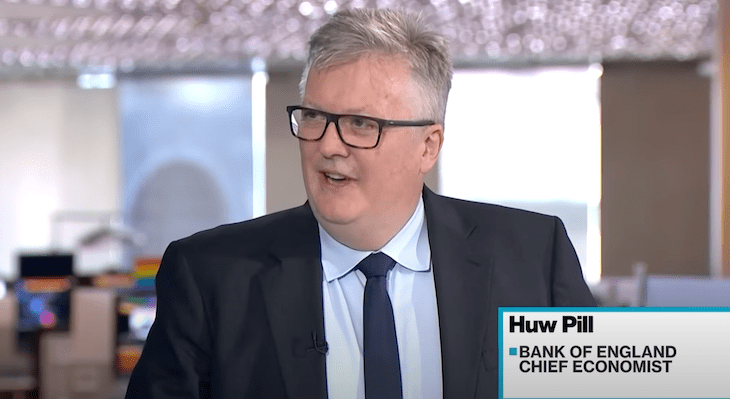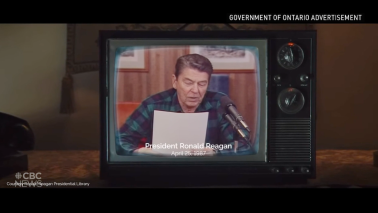Bank of England chief economist Huw Pill isn’t going to win a popularity contest. Speaking on a podcast for Columbia Law School – a medium in which he perhaps felt a little less exposed than had he said it on a British TV programme – he said:
‘Somehow in the UK, someone needs to accept that they are worse off and stop trying to maintain their real spending power by bidding up prices….What we’re facing now is that reluctance to accept that yes, we’re all worse off and we all have to take our share.’
Nurses, doctors, train drivers and everyone else contemplating striking for an inflation-beating, or even inflation-matching, pay rise: those remarks are aimed at you.
This rather ignores the Bank of England’s own role in the inflationary surge of the past couple of years
Pill is correct. In an economy which is stagnant, where productivity is flat – or falling by 7 per cent since before the pandemic in the case of the public sector, according to the Office for National Statistics – it ought to be obvious that we can’t all have a real-terms pay rise. Certain groups of workers can – at the expense of others. Or we can all have a nominal pay rise. But inflation is the corrective mechanism which ensures we cannot have the economic equivalent of a perpetual motion machine – if wages go up in a stagnant economy, prices will rise to match.
Yet all this rather ignores the Bank of England’s own role in the inflationary surge of the past couple of years. A blip in energy prices caused by the Ukraine war and its fallout, as noted by Pill, is not the whole story. Inflation was already rampant when Vladimir Putin sent in his tanks. Might this possibly have something to do with the fact that the Bank of England kept interest rates at near-zero for over a decade and carried on pumping money into the economy, via quantitative easing, even when the economy was growing?
The Bank of England appears to be in full denial mode on this. Also yesterday, deputy governor Ben Broadbent said inflation had nothing to do with quantitative-easing (QE), asserting that claims that QE ‘inevitably leads to excessive inflation are not well supported by the evidence’.
It begs the question: what evidence would Broadbent consider convincing? Many economists warned throughout the past decade that QE was pumping up asset prices and that this would, in time, feed through to into consumer prices.
If we could build two parallel Earths, one where QE was conducted and one where it was not, we could carry out a controlled experiment and find out for sure. But in the absence of that, all we can do is theorise. The facts, though, are straightforward. Many warned that QE – which is really just a polite name for printing money – would spark inflation, as it had in Zimbabwe and Weimar Germany. We have ended up with inflation – which the Bank of England failed completely to foresee, predicting as late as May 2021 that the Consumer Prices Index would rise no higher than 2 per cent. The Bank of England has a very strong vested interest in denying the link between QE and inflation – and it is now doing just that.







Comments